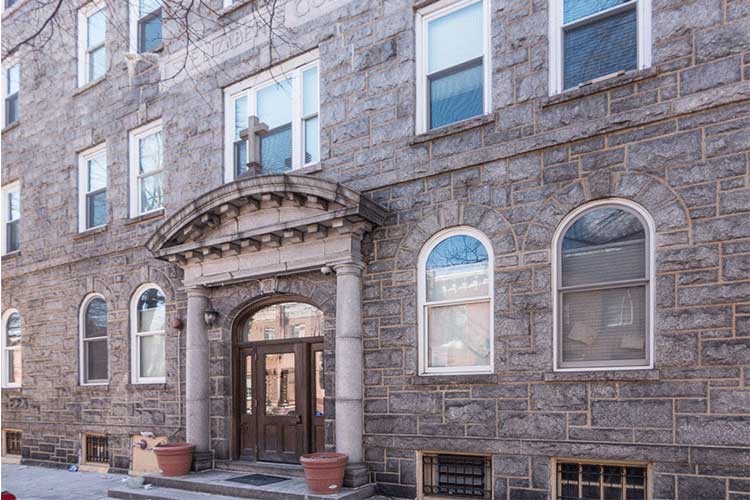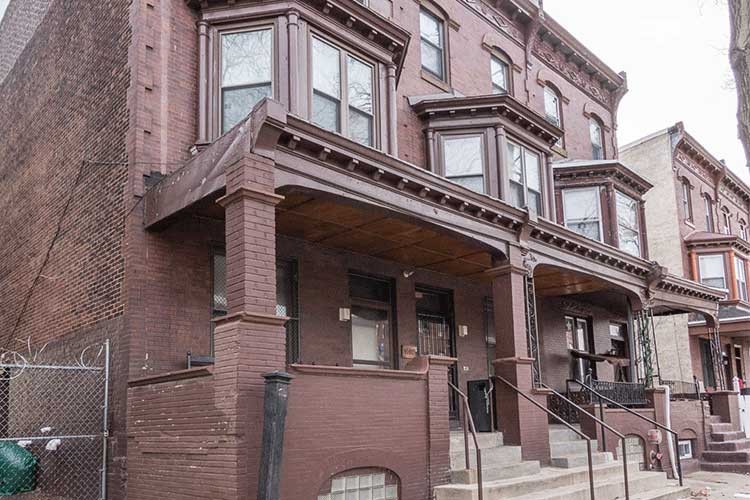Residential Support Ends the Cycle of Homelessness
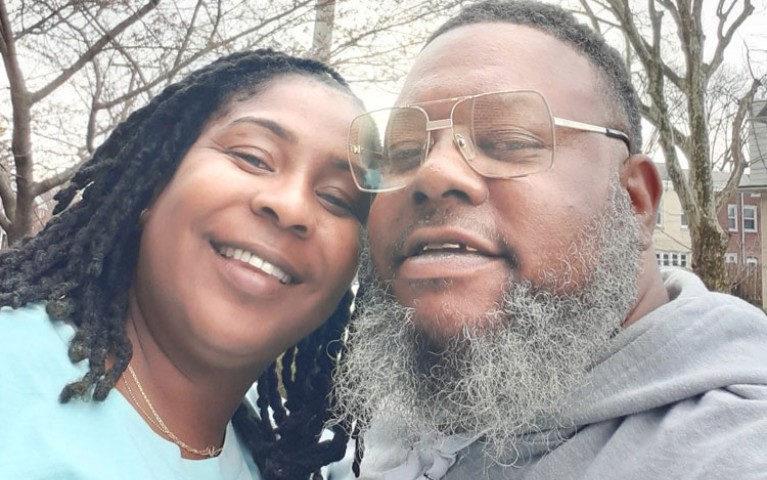
When we reflect on our lives, they’re often marked by individuals that have supported us along the way. Perhaps it’s a parent, a friend, or a work mentor. They’re the kind of people that you draw inspiration from throughout your life. It’s the kind of support that can be crucial.
That’s the role Project HOME residential staff can play for many of our residents. For some, our staff might be the only positive support they’ve had in their lives or the first in a long time. And when our staff have that lived experience of homelessness or substance use disorder, they can help our residents in ways that go beyond the daily needs and get to the heart of where that resident is at in that moment.
It’s a job that our residential service coordinators, Terry Powell and Victor Jackson, don’t take lightly. Terry knows that “I have people’s lives in my hands” and Victor always wants to be in a position where if residents “reach out to me, I want to be able to help them.”
Victor and Terry arrived at Project HOME’s Hope Haven I and II around the same time. They would talk about this being a transition point in their lives after having experienced homelessness and being in recovery. What they also shared was a single-minded focus on doing whatever it took to get their lives where they wanted them to be. “I wanted a life worth living,” said Terry. Victor came in with the mindset that “you go into recovery with the same tenacity that you go after the drugs,” and he said, “that’s why I was able to overcome a lot of the obstacles.”
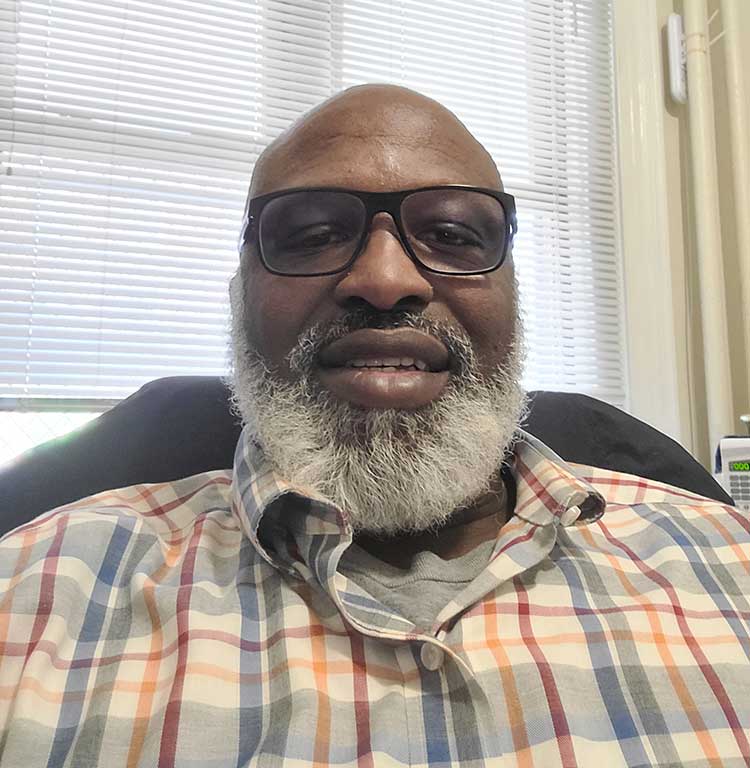
They connected with jobs through our employment services staff and set out on this new journey. While living at Hope Haven, they had the support of residential staff, each other, the medical team, and their peers who became like a family to them. With all this support, they thrived.
Now, both Terry and Victor live outside the Project HOME residential community, but they choose to come back to it every day. Terry works at St. Elizabeth’s Recovery Residence and Victor at his old residence, Hope Haven I and II. They offer a range of support to our residents. Some are navigating recovery, some are navigating complicated paperwork to apply for jobs or housing, and some just need a listening ear. That listening has been particularly important this past year as the pandemic has impacted so much of the support work that can happen for folks in recovery.
“Vic and Terry know what it means to receive and give support,” said Christina Fidanza, director of residential services and Terry and Victor’s manager. “The challenge they face as staff is seeing residents struggling in their recovery, knowing they have offered all the resources and encouragement around making smart choices, and having to accept that some people aren’t there yet. It is that resident’s choice, no matter how much Terry and Vic want something different for them.”
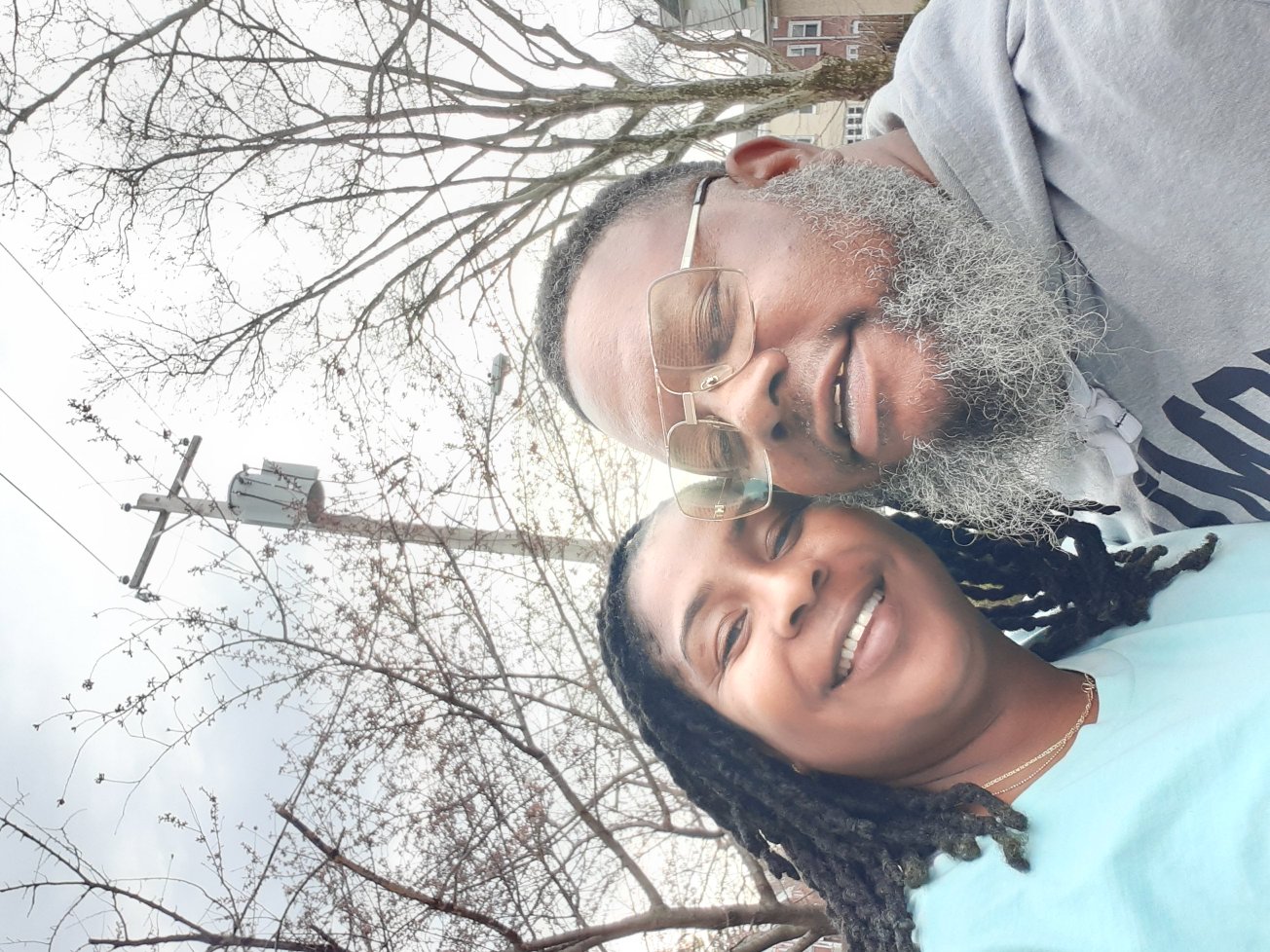
Both Terry and Victor would agree the last year has been tough for them and their residents. But providing the right kind of support at the right moment can be life changing and life saving for our residents and rewarding for our staff.
“The best part is when you see somebody doing better,” said Victor, “you see that you actually made an impact on helping somebody." Terry would say his need to care for others started at home, but Project HOME brought it back full circle, “they gave me hope, they believed in me, they gave me respect.”
